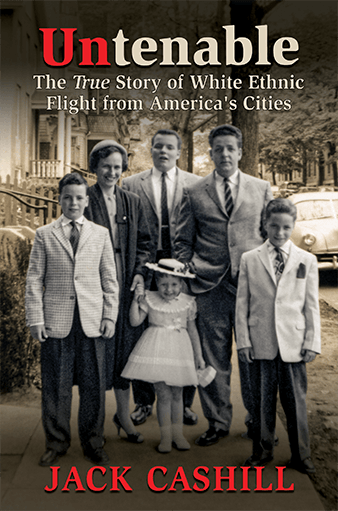 In 1965, then undersecretary of labor Daniel Patrick Moynihan foresaw a problem that was about to undo the promise of Martin Luther King’s 1963 “I have a dream” speech, the Civil Rights Act of 1964, and his boss Lyndon Jonson’s 1965 launch of the “Great Society.”
In 1965, then undersecretary of labor Daniel Patrick Moynihan foresaw a problem that was about to undo the promise of Martin Luther King’s 1963 “I have a dream” speech, the Civil Rights Act of 1964, and his boss Lyndon Jonson’s 1965 launch of the “Great Society.”
In reading her dissenting opinion last week on the affirmative action case before the Supreme Court, I got the distinct impression that Justice Sonia Sotomayor never read Moynihan’s The Negro Family: The Case for National Action, likely never heard of it, and certainly had no idea of how prescient it would prove to be.
Despite the “full recognition of their civil rights,” argued Moynihan, black Americans were growing increasingly discontent. They were expecting that equal opportunities would “produce roughly equal results, as compared with other groups,” but, added Moynihan, “This is not going to happen.” Nor did he think it ever would happen “unless a new and special effort is made.”



